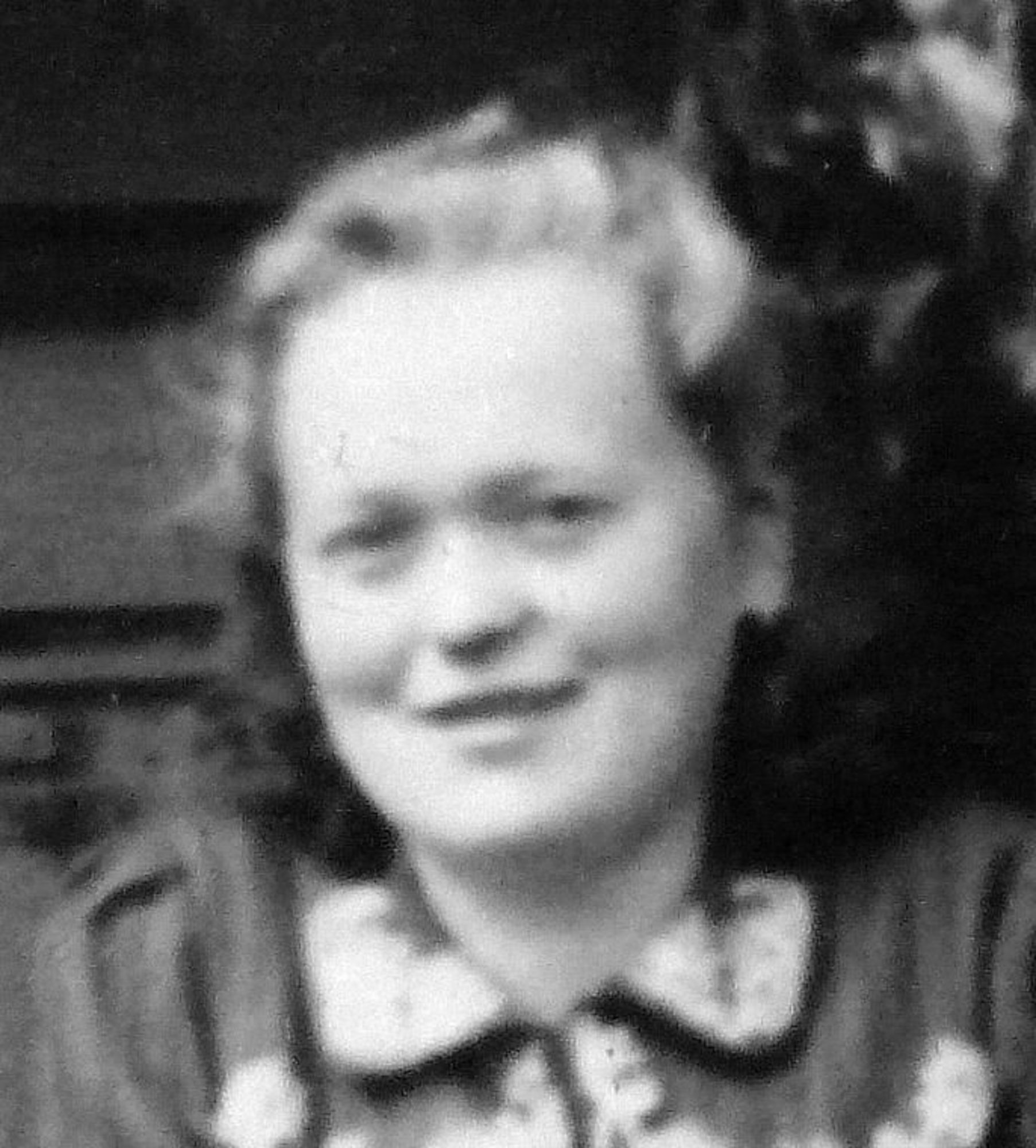“I’d wish that people could always reach an agreement and live together in peace and friendship. Everybody would benefit from it.”

Download image
Marie Riedlová, née Solarová, was born on March 15, 1924, in Bocánovce (district of Dubno) in Volhynia in what was at that time Poland. There lived about 150 Czechs in her village. The Solar family owned a large estate and that was the reason why her brother, Vladimír Solar, was sent to a forced-labor camp in 1941 when the Soviets occupied the region. The German invasion of Volhynia didn’t impact the family in any substantial way. In the beginning, they weren’t even aware that there was a war going on. The only sign of a raging war was a bomb that landed on a field on their estates. The trouble started again in the fall of 1944 when the Soviets returned to Volhynia. The Solars weren’t allowed to hire workforces and had to toil their lands all by themselves. This was even aggravated by the absence of her brother Vladimir. They were publicly denounced as kulaks and threatened with deportation to Siberia. Fortunately, they managed to escape in time to Czechoslovakia. They settled in Pnětluky and worked their fields until the Communists nationalized their property. In 1949 Marie moved to Litoměřice where she worked in the cooling plants. She married Karl Riedl in 1951 and they had two children: Karl and Alena. Her lifelong hobby has become cooking.


